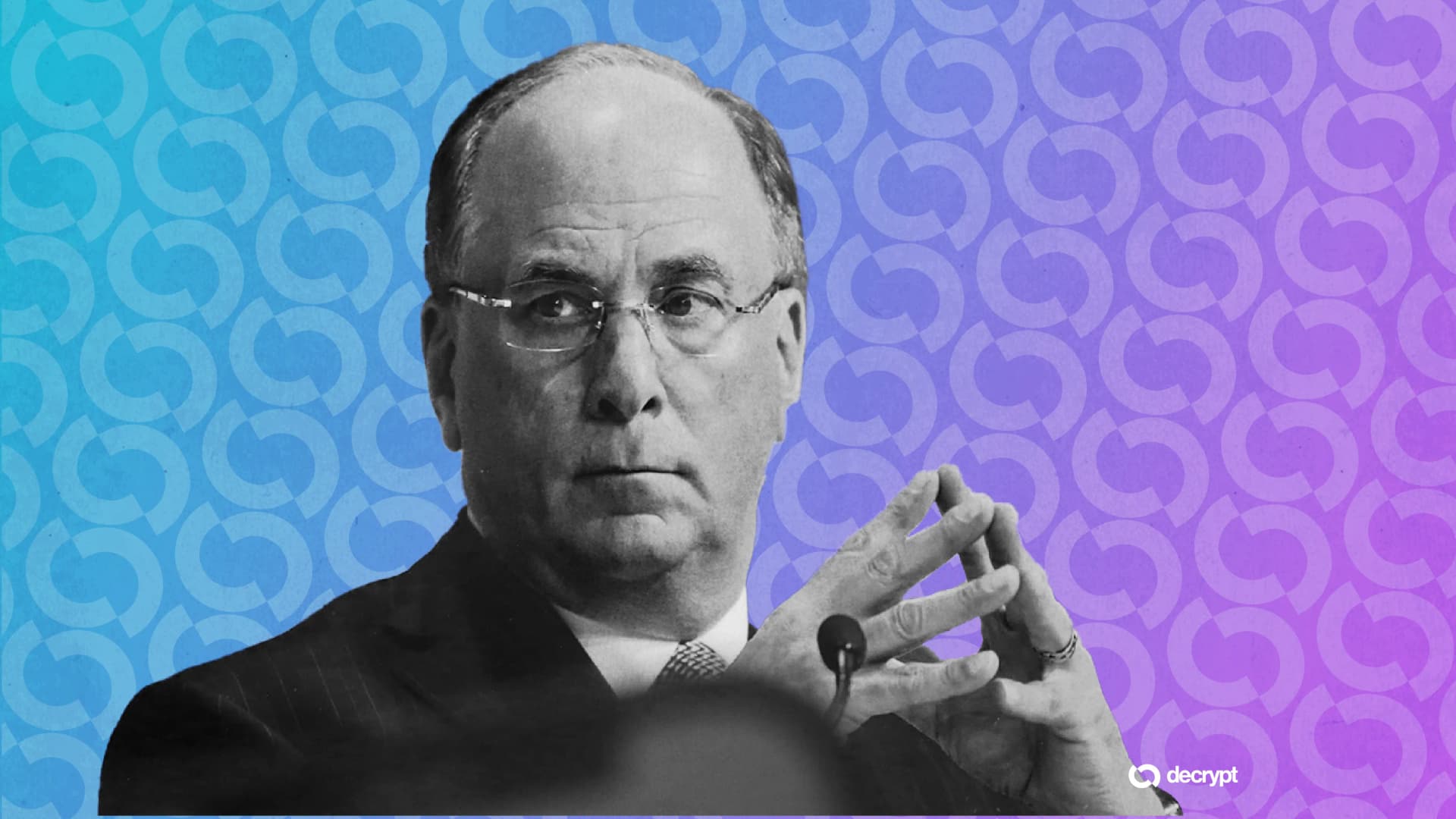Morning Minute: BlackRock Wants To Tokenize Its ETFs

News Summary
BlackRock, Wall Street’s largest asset manager, is reportedly preparing to tokenize its Exchange Traded Funds (ETFs) and other Real-World Asset (RWA) funds, expanding beyond its existing on-chain cash management product, BUIDL. This move, pending regulatory approval, signifies a major step towards bringing traditional investment vehicles onto blockchain rails, potentially encompassing multi-trillion-dollar assets like equity ETFs, bond funds, money market funds, real estate funds, and private credit funds. Analysts believe tokenization will enable 24/7 settlement, faster transfers, and composability, allowing these assets to integrate into the DeFi ecosystem. Once BlackRock receives approval and executes, other institutions are expected to follow, significantly growing the overall crypto market capitalization and potentially making Ethereum (ETH) the biggest winner. The article also notes a general crypto market uptrend, with Bitcoin at $115,000 and Ethereum at $4,520, alongside the imminent launch of several crypto ETFs.
Background
Tokenization is the process of representing ownership rights of real-world assets (RWAs) as digital tokens on a blockchain, aiming to enhance liquidity, transparency, and efficiency. In 2024, BlackRock launched BUIDL with Securitize, an on-chain cash management product offering institutions tokenized exposure to U.S. Treasuries, marking a significant entry of a traditional finance giant into the blockchain space. Currently, the cryptocurrency market is experiencing an institutionalization wave, with several crypto ETFs (including Bitcoin, XRP, and DOGE) already approved or awaiting approval. BlackRock's plan to extend the BUIDL model to a broader range of ETFs and fund structures signals its strong conviction in the future application of blockchain technology in mainstream finance and its ambition to dominate this emerging sector.
In-Depth AI Insights
What potential regulatory and political challenges might BlackRock's ambitious large-scale tokenization plans face under the Trump administration? - While crypto ETFs have been approved, tokenizing multi-trillion-dollar traditional ETFs presents a more complex regulatory landscape. Regulatory bodies under the Trump administration, particularly the SEC, may face pressure to balance financial innovation with systemic risk. - SEC Chair Gary Gensler's previous cautious stance on crypto, coupled with accusations of his team deleting text messages during critical crypto crackdown years, suggests the regulatory environment could remain uncertain and politically charged. - Regulators will likely scrutinize investor protection, market manipulation risks, and interoperability across different blockchain platforms, potentially requiring BlackRock to meet extremely high standards for technical implementation, auditing, and compliance. Beyond direct crypto market cap growth, how might BlackRock's tokenization strategy fundamentally reshape the competitive landscape between traditional finance and native crypto platforms? - TradFi giants tokenizing mainstream assets will blur the lines between traditional markets and decentralized finance (DeFi), creating a new 'hybrid finance' paradigm. This could siphon some liquidity from native DeFi but also introduce new institutional capital to DeFi protocols. - Institutions like BlackRock will leverage their vast distribution networks and client bases to push tokenized assets as the preferred choice for institutional investors. This may force native crypto platforms to enhance their compliance, security, and user experience to attract and retain institutional clients. - In the long run, this could lead to native crypto platforms either partnering with TradFi giants, becoming their tech providers or liquidity sources, or focusing on more innovative and risk-tolerant niche markets. What are the underlying strategic motives for BlackRock's aggressive push into tokenization, considering the broader financial ecosystem in 2025? - Efficiency and Cost Optimization: Tokenization promises 24/7 settlement and faster transactions, significantly reducing operational costs and settlement risks inherent in traditional financial infrastructure, thereby boosting profit margins. - Market Dominance and First-Mover Advantage: BlackRock aims to solidify its position as the world's largest asset manager by becoming an early leader in tokenized RWA, securing dominance in the future financial paradigm. - New Product Development and Client Demand: Tokenization allows for the creation of more composable and customizable investment products, meeting the growing demand from institutional and high-net-worth clients for efficient, flexible asset management solutions. - Defensive Innovation: Facing the disruptive potential of digital assets and blockchain technology, BlackRock is innovating internally to protect and expand its market share, avoiding being marginalized by emerging technologies.